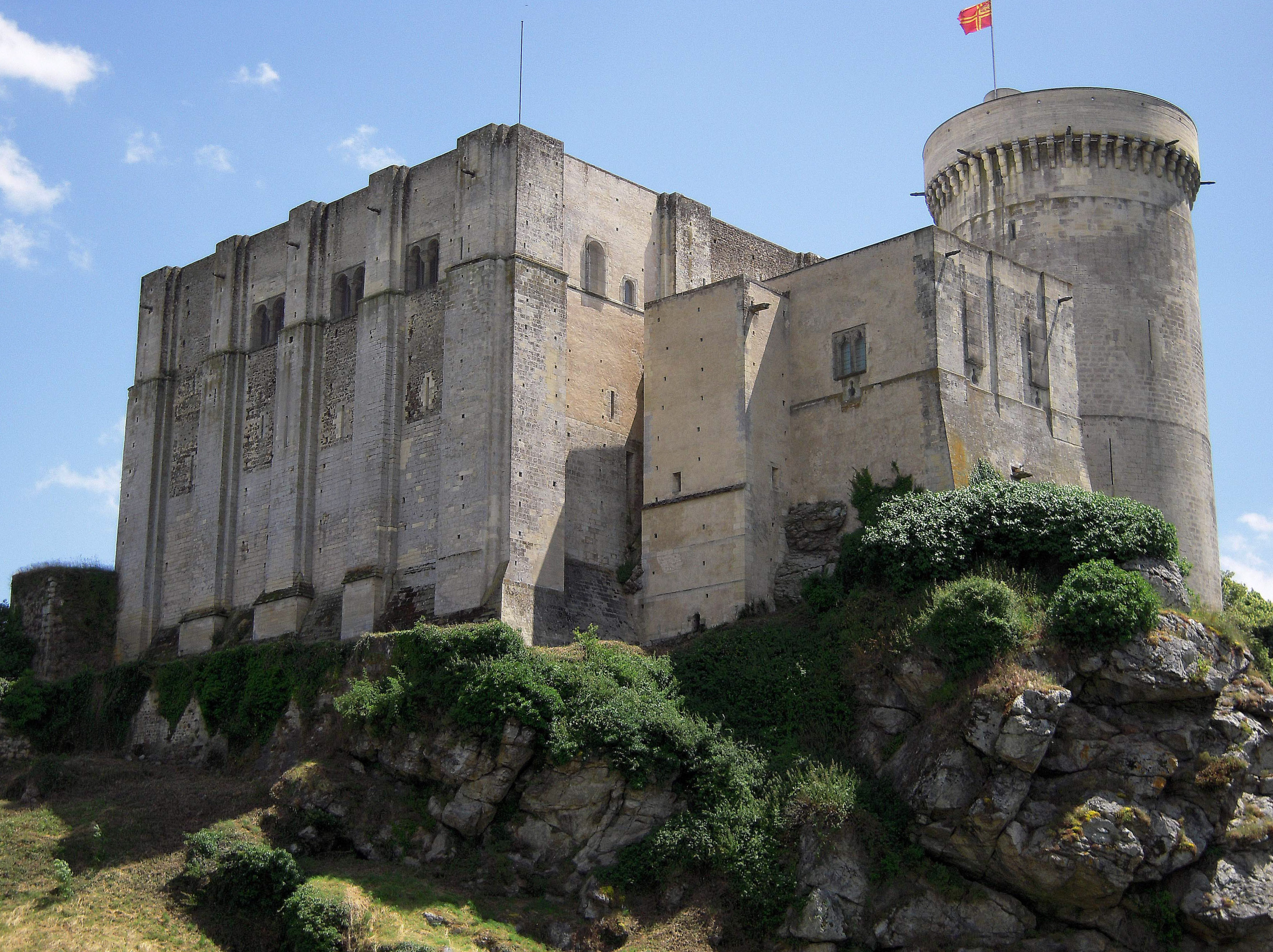|
Elective Monarchy
An elective monarchy is a monarchy ruled by a monarch who is elected, in contrast to a hereditary monarchy in which the office is automatically passed down as a family inheritance. The manner of election, the nature of candidate qualifications, and the electors vary from case to case. Historically, it was common for elective monarchies to transform into hereditary ones (whether legally or ''de facto'') by repeated election of the previous rulers' children, or for hereditary monarchies to acquire elective or semi-elective succession laws, particularly following dynastic crises. Evolution Many kingdoms were officially elective historically, though the candidates were typically only from the family of the deceased monarch. Eventually, however, most elected monarchies introduced hereditary succession, guaranteeing that the title and office stayed within the royal family and specifying, more or less precisely, the order of succession. Today, almost all monarchies are hereditary mon ... [...More Info...] [...Related Items...] OR: [Wikipedia] [Google] [Baidu] |
Monarchy
A monarchy is a form of government in which a person, the monarch, reigns as head of state for the rest of their life, or until abdication. The extent of the authority of the monarch may vary from restricted and largely symbolic (constitutional monarchy), to fully autocratic (absolute monarchy), and may have Political representation, representational, Executive (government), executive, legislative, and judicial functions. The Order of succession, succession of monarchs has mostly been Hereditary monarchy, hereditary, often building dynasties; however, monarchies can also be elective monarchy, elective and Self-proclaimed monarchy, self-proclaimed. Aristocracy (class), Aristocrats, though not inherent to monarchies, often function as the pool of persons from which the monarch is chosen, and to fill the constituting institutions (e.g. Diet (assembly), diet and Royal court, court), giving many monarchies oligarchic elements. The Legitimacy (political)#Monarchy, political legitim ... [...More Info...] [...Related Items...] OR: [Wikipedia] [Google] [Baidu] |
Principate
The Principate was the form of imperial government of the Roman Empire from the beginning of the reign of Augustus in 27 BC to the end of the Crisis of the Third Century in AD 284, after which it evolved into the Dominate. The principate was characterized by the reign of a single emperor (''princeps'') and an effort on the part of the early emperors, at least, to preserve the illusion of the formal continuance, in some aspects, of the Roman Republic. Etymology and anticipations 'Principate' is etymologically derived from the Latin word '' princeps'', meaning ''chief'' or ''first'', and therefore represents the political regime dominated by such a political leader, whether or not he is formally head of state or head of government. This reflects the principate emperors' assertion that they were merely " first among equals" among the citizens of Rome. Under the Republic, the '' princeps senatus'', traditionally the oldest or most honored member of the Senate, had the right to be ... [...More Info...] [...Related Items...] OR: [Wikipedia] [Google] [Baidu] |
Parliament Of England
The Parliament of England was the legislature of the Kingdom of England from the 13th century until 1707 when it was replaced by the Parliament of Great Britain. Parliament evolved from the Great Council of England, great council of Lords Spiritual, bishops and Peerages in the United Kingdom, peers that advised the History of the English monarchy, English monarch. Great councils were first called Parliaments during the reign of Henry III of England, Henry III (). By this time, the king required Parliament's consent to levy taxation. Originally a Unicameralism, unicameral body, a Bicameralism, bicameral Parliament emerged when its membership was divided into the House of Lords and House of Commons of England, House of Commons, which included Knight of the shire, knights of the shire and Burgess (title), burgesses. During Henry IV of England, Henry IV's reign, the role of Parliament expanded beyond the determination of taxation policy to include the "redress of grievances", whi ... [...More Info...] [...Related Items...] OR: [Wikipedia] [Google] [Baidu] |
Arthur Of Brittany
Arthur I (; ) (29 March 1187 – presumably 1203) was 4th Earl of Richmond and Duke of Brittany between 1196 and 1203. He was the posthumous son of Geoffrey II, Duke of Brittany, and Constance, Duchess of Brittany. Through Geoffrey, Arthur was the grandson of King Henry II of England and Duchess Eleanor of Aquitaine, and the nephew of King Richard I of England. In 1190, Arthur, whose father had died, was arguably designated heir to the throne of Kingdom of England, England and its French territory, but as he was dying in 1199, Richard I named his youngest brother John, King of England, John heir to the throne, as Arthur was still just a child. Philip II of France thought to make use of a potential succession crisis in England and Brittany and for awhile Arthur joined him. Nothing is recorded of Arthur after his imprisonment by John in Rouen Castle in 1203. While his precise fate is unknown, it is generally believed he was killed by John. Early life Arthur was born in 1187, the ... [...More Info...] [...Related Items...] OR: [Wikipedia] [Google] [Baidu] |


